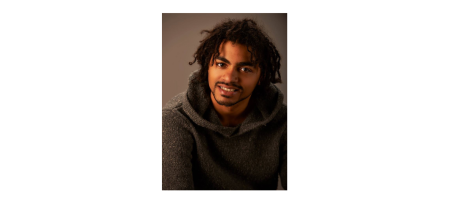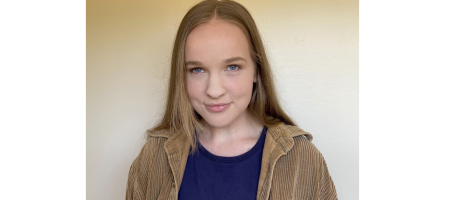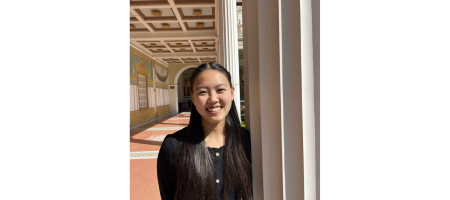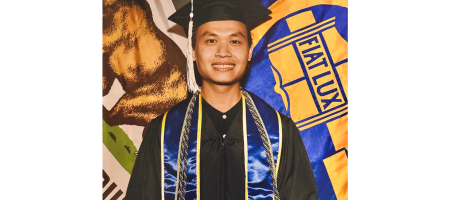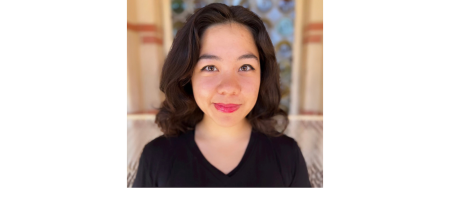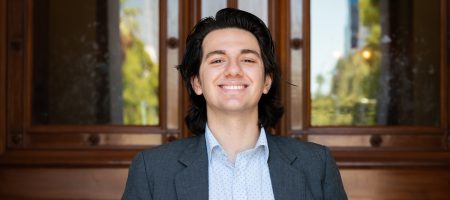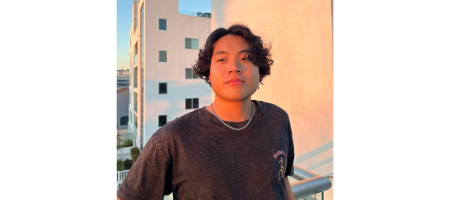Student Spotlight – Umiemah Farrukh
Meet UCLA undergraduate researcher Umiemah Farrukh!
Umiemah Farrukh majors in Psychology and is in our Undergraduate Research Scholars Program. The title of her project is “Positive vs. Negative Affect Treatment: Matching Treatment Type to Personality Traits.” She hopes that her research inspires more minority women to pursue their dreams. Her best piece of advice is to never stop believing in the importance and value of your ideas.
How did you first get interested in your research project?
I first got interested in my research project when I joined the Anxiety and Depression Research (ADRC) Lab at UCLA and sat in on lab meetings led by the PI, Dr. Michelle Craske. I found myself in awe of the revolutionary work being done to help those with mental disorders and wondered if there was a way I could be a part of it in any capacity. The URSP program afforded me the opportunity to do just that.
What has been the most exciting aspect of your research so far?
The most exciting part of my research so far has been the opportunity to interact and learn from so many amazing mentors. I am incredibly grateful to all the graduate students, post-docs, faculty, and peers, that have made this an unforgettable experience!!! A special thank you to Nora, my graduate student mentor at the ADRC whose unconditional support and belief in me has allowed me to do things I never thought possible!
What has surprised you about your research or the research process?
My mentors always expressed to me the lengthiness of the research process, but I don’t think it’s possible to understand and appreciate exactly how long research takes until you do an independent project yourself. Research takes time and patience, and it has been so fulfilling to learn that lesson throughout my senior thesis journey, a lesson that has definitely made me a better researcher.
What is one piece of advice you have for other UCLA students thinking about doing research?
DO IT! Do it despite your fears and apprehensions, despite your worries and imposter syndrome. You can be scared and brave at the same time, and I think that is important to remember when going into research. Additionally, never stop believing in the importance and value of your ideas, because your ideas matter and can move the field forward if you are persistent and committed in the pursuit of finding a home for them.
What effect do you hope your research has in your field, at UCLA, in your community, or in the world?
I hope my research story inspires more minority women to pursue their dreams, whether that is in the research field or elsewhere because I want to uplift and empower all those who have ever felt that they didn’t have a voice. I also hope that with the right training and expertise, my research makes a positive impact on increasing treatment efficacy for individuals with depression and anxiety and contributes to the future of translational clinical psychology research globally.



